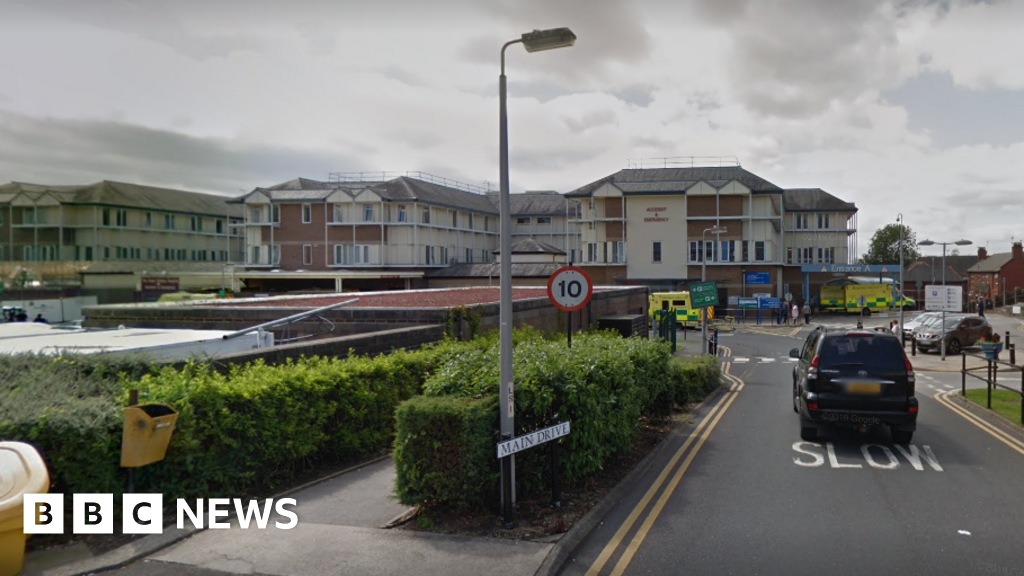 Getty Images
Getty ImagesA charity set up to help doctors and healthcare professionals with their mental health in Great Britain has extended its services to Northern Ireland.
Doctors In Distress was established by Amandip Sindhu in 2019, when his consultant cardiologist brother took his own life due to “overwhelming work pressure and burnout”.
Mr Sidhu said he came to learn that this is “a common phenomenon” within healthcare professions.
A memorial tree dedicated to healthcare workers who have died by suicide is to be planted at a GP surgery in north Belfast on Wednesday.
Figures, published by the British Medical Association (BMA) NI show that 62% of doctors in Northern Ireland report “higher than normal levels fatigue or exhaustion”.
Speaking to the ‘s Good Morning Ulster programme on Wednesday, Dr Alan Stout from the BMA said the figures show that the problem is “more acute in Northern Ireland”.
Mr Stout welcomed the charity’s services to Northern Ireland, but said “we need to go further”, and “a dedicated health service for doctors in Northern Ireland” is required.
‘Stark’ statistics
Mr Sidhu said he felt a duty to take action when he heard statistics.
“One doctor takes their own life every three weeks, and a nurse every week,” he said.
“Doctors in Northern Ireland generally report a lot more negative experiences than the average in England, Scotland and Wales. That included a much higher level of dissatisfaction in their work,” Mr Sindu said.
“The statistics are really quite stark.”
‘Stigma of poor mental health’
In a statement, Health Minister Mike Nesbitt welcomed the launch of Doctors in Distress in Northern Ireland.
“I have been clear that my measure of success is delivering better outcomes, not just for patients and service users, but also for everyone delivering healthcare, which clearly includes doctors.
“I understand our work to eradicate the stigma of poor mental health has made significant strides since I began campaigning on the subject some years ago, but much still needs done, not least for doctors and healthcare professionals who need better pathways,” he added.
If you have been affected by the issues raised in this story you can visit the Action Line for support.



